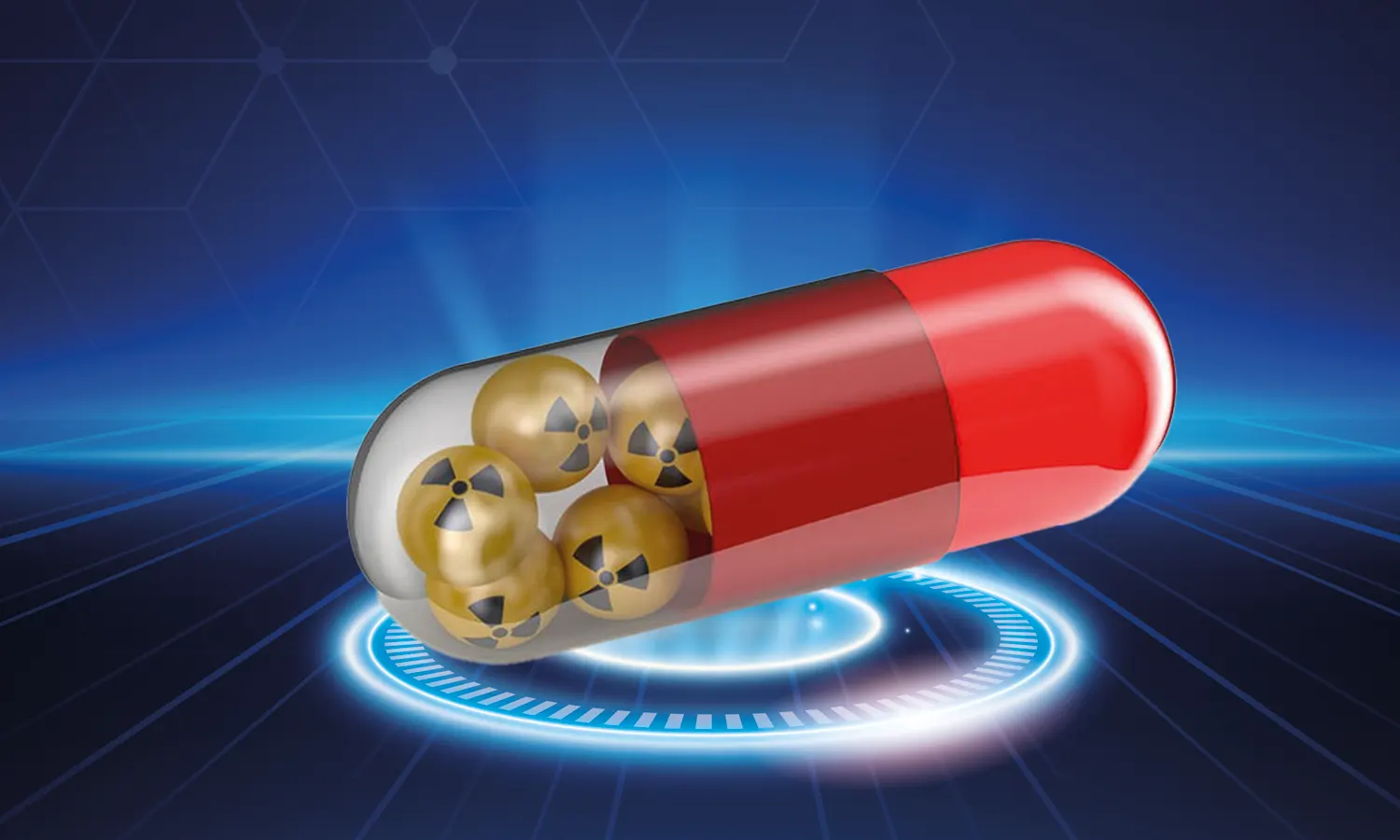- Call Today +90 537 762 59 24
- Open Hour Open 24 Hours

Radioactive iodine therapy, a treatment modality aimed at eradicating cancer cells or benign growths within the thyroid gland, involves utilizing controlled amounts of radioactive iodine. Situated in the neck, the thyroid gland resembles a small butterfly and governs the body's energy levels and metabolism through hormone production. Administered orally via capsules or liquid, radioactive iodine is absorbed by the thyroid gland. The emitted radiation targets and eliminates the iodine-absorbing thyroid cells, facilitating the reduction of thyroid tumors or the shrinking of an enlarged thyroid. This therapy finds application in treating thyroid cancer, hyperthyroidism, and specific types of goiter. Typically, specialists in thyroid disorders, such as endocrinologists or nuclear medicine physicians, oversee its administration.
Radioactive iodine treatment is typically an uncomplicated outpatient procedure, lasting a few minutes. Patients may need to discontinue certain medications prior to treatment, such as thyroid hormone replacements or antithyroid drugs, to prevent interference with iodine absorption. Additionally, adhering to a low-iodine diet in the days preceding treatment aids maximal iodine absorption by the thyroid gland.
On the treatment day, patients ingest a capsule or liquid containing a predetermined radioactive iodine dose. They then wait in a designated area for several hours, allowing iodine absorption by the thyroid gland. During this period, increased fluid intake may be recommended to facilitate iodine elimination from the body.
Post-treatment, patients are advised to take precautions to minimize radiation exposure to others, including avoiding close contact with pregnant women, children, and individuals with compromised immune systems. These precautions may be necessary for varying durations, depending on the radioactive iodine dosage. Regular follow-up appointments with healthcare providers are recommended to monitor treatment response and identify potential side effects.
While radioactive iodine treatment can effectively target thyroid conditions, it may induce temporary side effects. Common adverse effects include transient fatigue, dry mouth, sore throat, salivary gland swelling, altered taste or smell, nausea, vomiting, gastrointestinal disturbances, hair loss, and localized skin reactions at the treatment site.
Rarely, serious complications such as allergic reactions or damage to the salivary or thyroid glands may occur. Patients experiencing severe or persistent side effects should promptly seek medical evaluation and intervention.
Moreover, while radioactive iodine treatment marginally elevates the risk of developing new thyroid or other cancers in the future, its benefits typically outweigh this risk.
Preparation for radioactive iodine treatment involves discontinuing medications that could interfere with iodine absorption, adhering to a low-iodine diet, and possibly ceasing iodine-containing supplements. Prior to treatment, patients may undergo assessments like blood tests and imaging studies to gauge thyroid function and determine the appropriate iodine dose. Additionally, obtaining informed consent is a crucial step, ensuring patients comprehend the treatment's risks and benefits.
© 2026 Copyright by Private Koru Hospital. All rights reserved.
